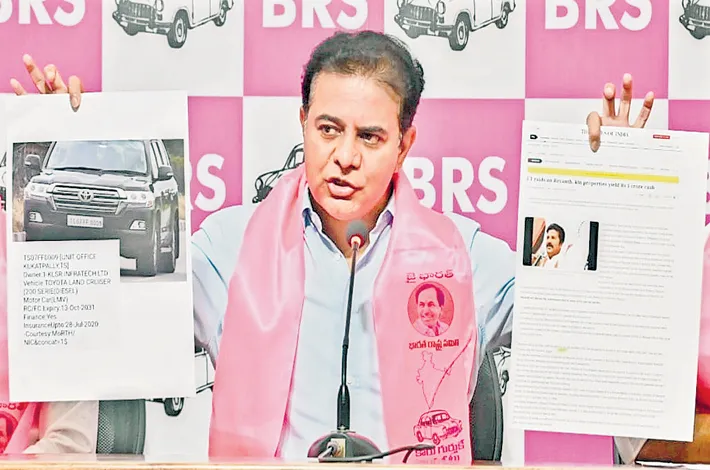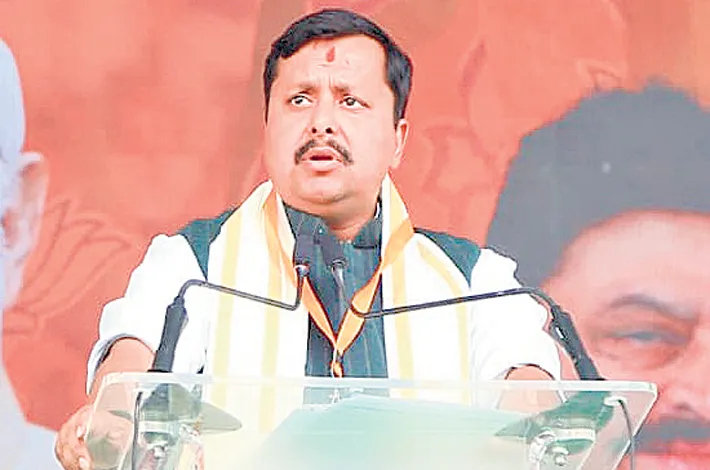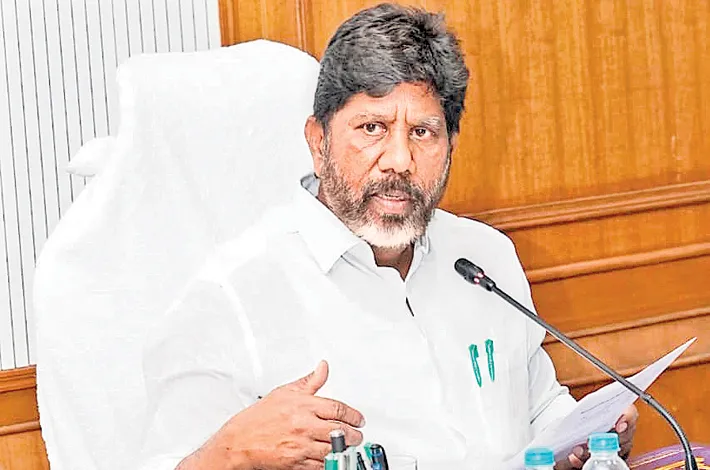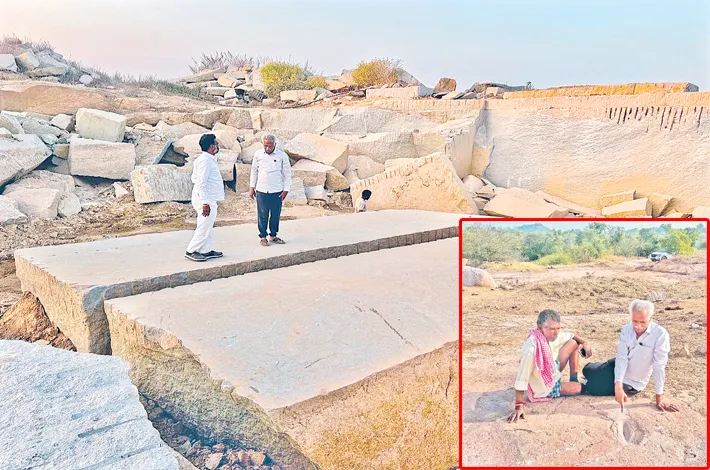NEET qualifiers denied seats under Rule GO 33
06-09-2025 12:00:00 AM
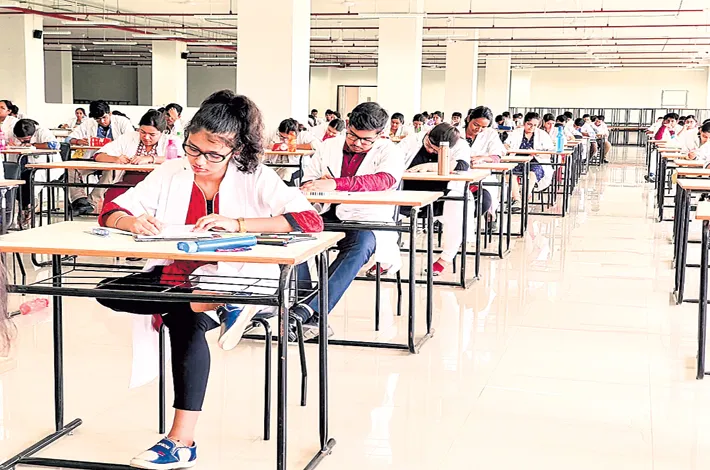
■ Local Rule Hurts Locals: GO 33’s four-year study mandate (classes 9-12) in Telangana bars 45 NEET 2025 qualifiers, despite their lifelong roots in the state.
■ Students from Khammam, Gadwal, and Adilabad, who studied intermediate in Andhra Pradesh or Maharashtra, face "non-local" status.
■ Parents urge amending the rule to count earlier schooling (classes 6-10), as 120 similar students got MBBS seats last year.
■ Time running out: With admissions delayed and Supreme Court upholding GO 33, students seek CM’s intervention to save their medical dreams.
MAHESH AVADHUTHA I hyderabad
In the heart of Telangana's border districts like Khammam, Gadwal, and Adilabad, 45 young minds are teetering on the edge of shattered dreams. These NEET 2025 qualifiers—mostly from humble, salaried families—have ranks good enough for free MBBS seats under the A category in government or private medical colleges. Born and raised in Telangana, they completed schooling from classes 1 to 10 right here, soaking in the local culture and education system.
But in a bid to crack the notoriously tough NEET, their parents made a fateful choice: enrolling them in reputed intermediate colleges just across the border in Andhra Pradesh or Maharashtra. A few hours' drive for better coaching seemed like a smart investment in their futures. Little did they know it would slam the door on their aspirations.
Take B. Naveen Kumar's daughter, for instance. As a private employee, Kumar scrimped to give her top-notch prep for the March 2024 intermediate exams. Now, with stellar NEET scores, she's caught in a nightmare spawned by Government Order (GO) No. 33. Issued on July 19, 2024, by Telangana's health department, GO-33 redefined "local candidate" status for medical admissions, mandating four consecutive years of study from class 9 to senior intermediate within the state. This rule aims to prioritize true domiciles after Hyderabad ceased being a joint capital with Andhra Pradesh on June 2, 2024, ensuring 85% of seats go to locals while non-locals scrap for the 15% All India quota.
The irony stings: these students' quest for excellence has branded them "non-locals" in their own homeland. "We've lived here for generations," Kumar laments. "Our kids were born and brought up in Telangana. Two years away shouldn't erase that." The group appeals for a one-time amendment—perhaps counting continuous study from class 6 to 12, aligning with a 2017 proposal—since they studied five years (6th to 10th) locally. Last year, amid the legal fog, over 120 similar students snagged admissions for 2024-25.
The saga traces back to student protests and legal battles. In August 2024, the Akhil Bharatiya Vidyarthi Parishad (ABVP) demanded GO 33's revocation, warning it would harm genuine Telangana youth and sparking threats of statewide agitation. Nearly 150 students challenged it in the Telangana High Court, which on September 5, 2024, struck down parts as unfair to domiciles. The state appealed to the Supreme Court, with hearings slated for September 20, 2024, but delayed.
Final judgment was reserved in August 2025, the SC ultimately upheld the rule on September 1, also pointing out that the four-year study requirement with relaxations only for children of government servants or defense personnel.
Desperate, the 45 students and their parents met Health Minister Damodar Rajanarsimha and Women and Child Welfare Minister Seethakka in the last two days, after consulting Kaloji Narayana Rao Health University officials. The ministers promised legal advice, but time is ticking—other states' admissions are nearly done. They're now seeking an audience with Chief Minister Revanth Reddy, who oversees education. Without intervention, these aspiring doctors face heartbreak, their ranks worthless in non-local quotas elsewhere. As Kumar puts it, "The rule curbs misuse, but not at the cost of our children's futures." In a state born from dreams of equity, these border kids embody the human cost of rigid lines—will compassion redraw them?





